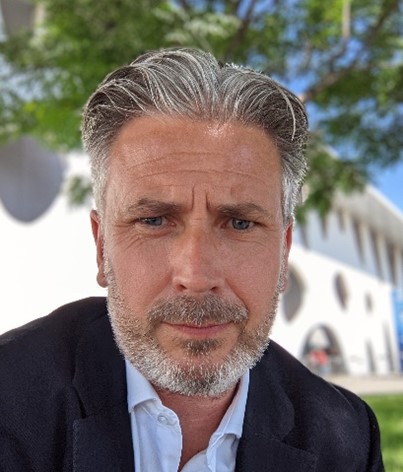Offerings Tailored for 5G Challenges and Economic Growth
By Jon Abbott, Telecom Strategic Clients Director, EMEA at Vertiv
The telecommunications industry across Africa occupies a complex yet active space, with factors such as significant investment in sub-sea connectivity cables, increasing demand for data centres, and the rollout of terrestrial fibre broadband infrastructure gaining increasing prominence. Challenges for the continent include high costs of connectivity in some countries, together with the average speed of the available internet; as well as limited access within rural areas, and general infrastructure issues. As a global provider of critical digital infrastructure and continuity solutions, Vertiv is poised to play its role in facilitating telecommunication challenges across the continent.
The importance of telecommunications in Africa
Telecommunications, or telecoms, is the exchange of information over significant distances by electronic means, refering to all types of voice, data and video transmission. It allows individuals and businesses to use advanced communication methods for business and economic expansion, both at the macro- and micro-economic level.
Using telecommunications services, individuals, organisations and sovereign territories are empowered with the necessary infrastructure and tools to transmit data digitally. From education and e-commerce to mobile money, digital innovation holds the key to transformation and empowerment in general. In this regard, data centres play a crucial role in the ongoing development of the telecommunications arena; they are the backbone of the digital world, powering the operations of businesses across industries.
As the world becomes more digital, the demand for data centres is rising. The growing number of subsea cables being connected to the continent is an integral component for the growth of digitalisation, enabling internet traffic to flow and bringing new data collection points via the Internet of Things (IoT).
Sea cable landfalls are required to power data centres. Across the region, a number of stakeholders are connected in different ways to the infrastructure challenges that come with these sea cable landfalls. These various stakeholders should work together in order to function as a cohesive ecosystem.
Only through open regulation dialogue, planning, commissioning, construction and so forth, can the successful growth of data be maximised, bringing the required infrastructure to the continent, both further inland as well as at coastal locations.
Regional challenges and trends in Africa
As outlined previously, challenges include internet speeds, connectivity costs, limited access in some areas, and general infrastructure issues. However, many African governments today are investing significantly in digital infrastructure to create an environment that supports the growth of digital services.
Market intelligence and advisory company Mordor Intelligence[1] outlines in its ‘Africa Entertainment and Telecommunication Market’ report: ‘Local companies, foreign investors, and global players have all made a significant investment in the continent. Domestic infrastructure sharing, cross border and in-country mergers, and governments responding to the opportunity to regulate and to auction spectrum and licenses are some of the major factors playing a role in the growth of the telecommunication and entertainment market in the region.’
Data centre growth across Africa is being driven by a number of factors, including the increasing demand for cloud-based services, the growth of the digital economy, and the increasing adoption of IoT technologies.
With regards to global fixed broadband speeds in megabits per second (Mbps), UK-based firm Cable recently released its 2023 Global Broadband Speed League of 220 countries, with South Africa ranking at number 104, showing an average speed of 36.46 Mbps.
Three other Sub Saharan African countries went against the trend of an average download speed of 12.1 Mbps for the region, namely Réunion (rated 79th at 45.51 Mbps), Rwanda (99th with 39.89Mbps), and Burkina Faso (35.64Mbps, 108th).
The general telecoms trends seen across the continent include ongoing digitalisation, together with the need to reduce carbon footprint (decarbonisation) and the decentralisation of networks.
The cost of implementing 5G networks and de-commissioning 3G and 4G networks comes under the spotlight, as does the need to be efficient with energy and water requirements. Vertiv is able to contribute to this growth at all levels of data centre requirements, from hyperscalers to micro data centre solutions, through our entire suite of offerings. As a manufacturer of critical infrastructure, Vertiv supports the power, cooling, containment and management of the physical fabric of either the network or the data centre.
Vertiv strives to enable reliable and efficient operations for our customers, and also improve efficiency in our own processes and operations. We have made inroads with the expansion of new and upgraded products with energy- and water-efficiency attributes, with others in the pipeline.
In addition to the advantages that telecommunications growth is able to provide in general, the growth of the data centre market in Africa presents an excellent opportunity to create jobs and spur economic growth in the region. As data centres continue to expand, we expect them to create new opportunities for employment, both directly and indirectly, in various verticals such as education, government, healthcare, retail and finance.




